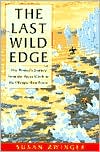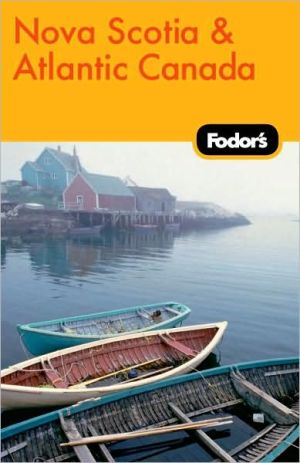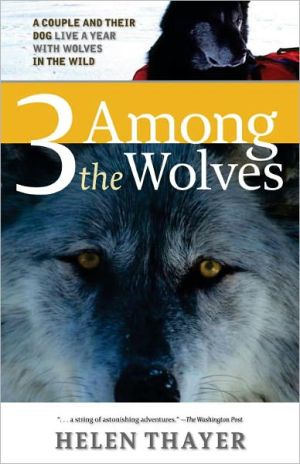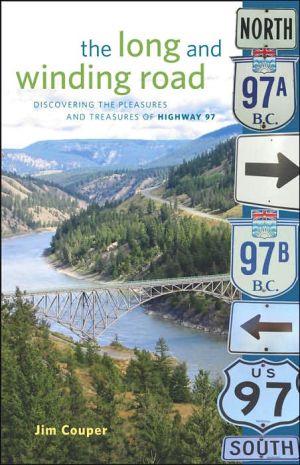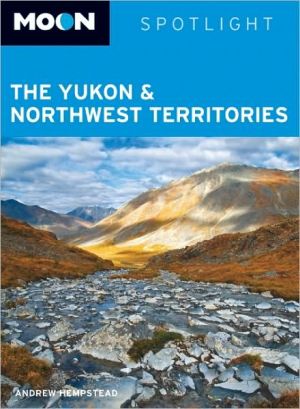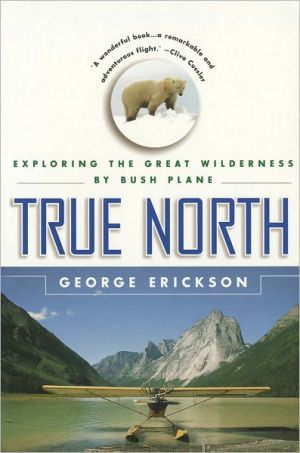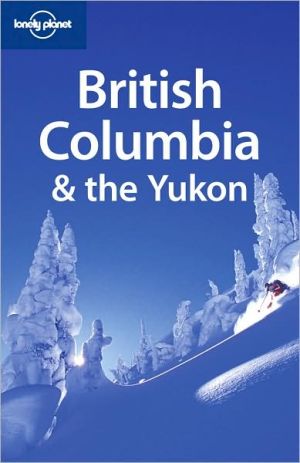The Last Wild Edge
The northwestern edge of North America is a final edge to settle on a finite planet. Where does mankind go from here? Where else have we not settled, altered, and consumed ? Author Susan Zwinger suspects that we have saved this wild edge for last because its geography is punched, exploded, ground, and drenched. Its forest of enormous trees once created a boundary difficult to penetrate, let alone farm. Yet, today this wildness is under threat, as civilization bores its way into even this...
Search in google:
The northwestern edge of North America is a final edge to settle on a finite planet. Where does mankind go from here? Where else have we not settled, altered, and consumed ? Author Susan Zwinger suspects that we have saved this wild edge for last because its geography is punched, exploded, ground, and drenched. Its forest of enormous trees once created a boundary difficult to penetrate, let alone farm. Yet, today this wildness is under threat, as civilization bores its way into even this remote edge. Kirkus Reviews An uninspired exercise in ecotravel, with all the flaws and few of the virtues of the genre. Zwinger, the author of three books of natural-history-cum-memoir, compresses 12 years of travel in the Arctic and along the Pacific Coast of Canada and the Northwest in a four-part narrative, much of which concerns old-growth forest ecosystems that are endangered by logging. That danger is a real one, of course, but much of Zwinger's travel took place before 1993, when the logging industry, responding to public sentiment, tempered its destructive clear-cutting practices; as a result, the narrative seems dated. It's also marked by the author's distracting earnestness ("I roar on behalf of the lowly beings that have the tenacity and flexibility to begin life over again—and again and again—and the energy to crank a huge ecosystem") and apparent lack of humor, both of which collide in a nice snippet in which she remarks to a Canadian forester, "I want to know what the old growth forest feels and sounds like all night long," to which the forester replies, "DRIP DRIP DRIP DRIP DRIP DRIP DRIP." When Zwinger writes with her naturalist hat on, she's often quite good, as when she explains how the needle of a coniferous tree is perfectly adapted to withstand deep cold ("snow does not weigh it down; it contains little sap to freeze"). When she's writing as an environmental advocate, however, she too easily resorts to sloganeering, with the attendant forced metaphors and oversimplifications ("Digital-clock time shoots into European Americans like a staple gun shoots staples onto rigid frames"). The result is a mix of good science and tiresome preaching.
\ Kirkus ReviewsAn uninspired exercise in ecotravel, with all the flaws and few of the virtues of the genre. Zwinger, the author of three books of natural-history-cum-memoir, compresses 12 years of travel in the Arctic and along the Pacific Coast of Canada and the Northwest in a four-part narrative, much of which concerns old-growth forest ecosystems that are endangered by logging. That danger is a real one, of course, but much of Zwinger's travel took place before 1993, when the logging industry, responding to public sentiment, tempered its destructive clear-cutting practices; as a result, the narrative seems dated. It's also marked by the author's distracting earnestness ("I roar on behalf of the lowly beings that have the tenacity and flexibility to begin life over again—and again and again—and the energy to crank a huge ecosystem") and apparent lack of humor, both of which collide in a nice snippet in which she remarks to a Canadian forester, "I want to know what the old growth forest feels and sounds like all night long," to which the forester replies, "DRIP DRIP DRIP DRIP DRIP DRIP DRIP." When Zwinger writes with her naturalist hat on, she's often quite good, as when she explains how the needle of a coniferous tree is perfectly adapted to withstand deep cold ("snow does not weigh it down; it contains little sap to freeze"). When she's writing as an environmental advocate, however, she too easily resorts to sloganeering, with the attendant forced metaphors and oversimplifications ("Digital-clock time shoots into European Americans like a staple gun shoots staples onto rigid frames"). The result is a mix of good science and tiresome preaching.\ \
